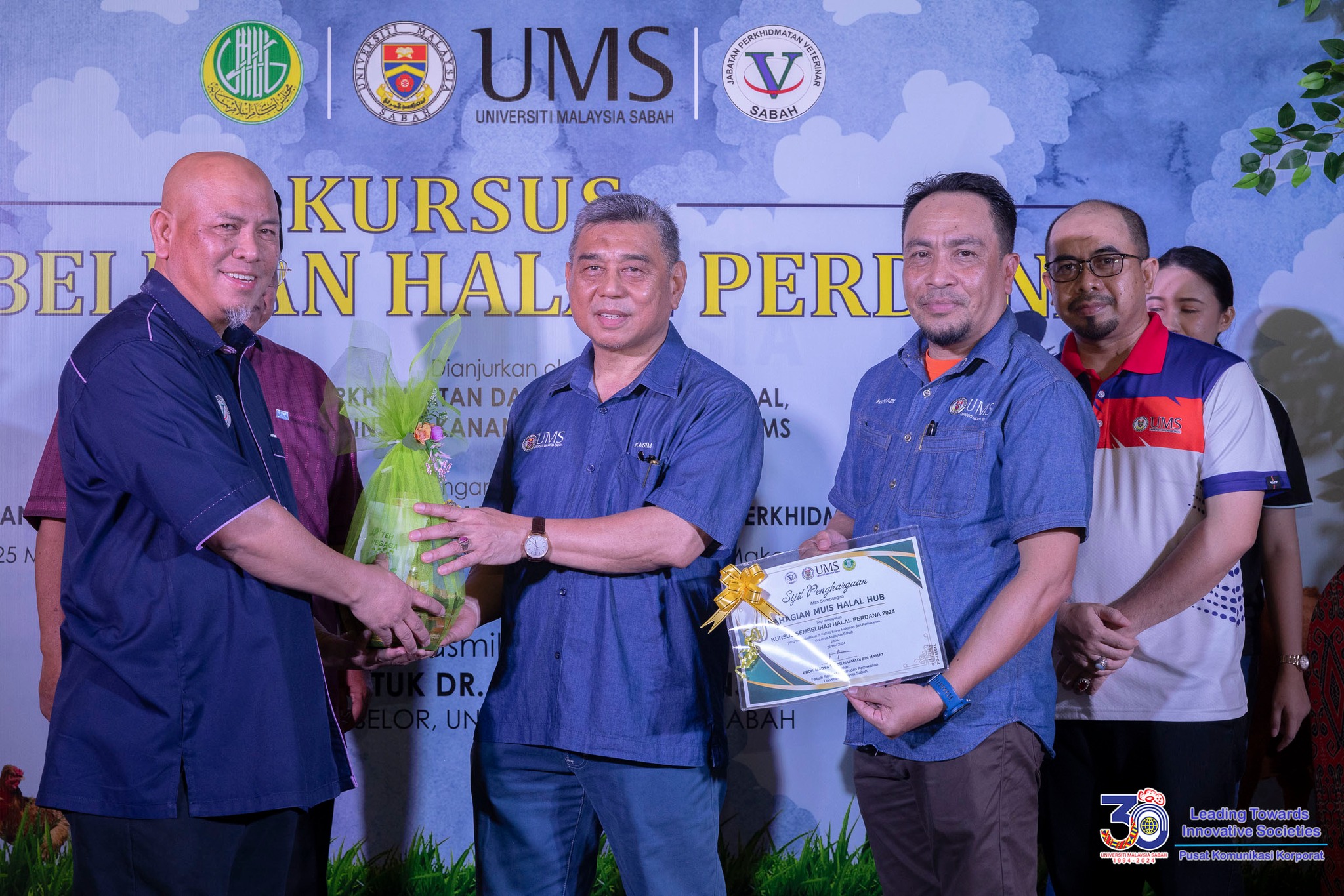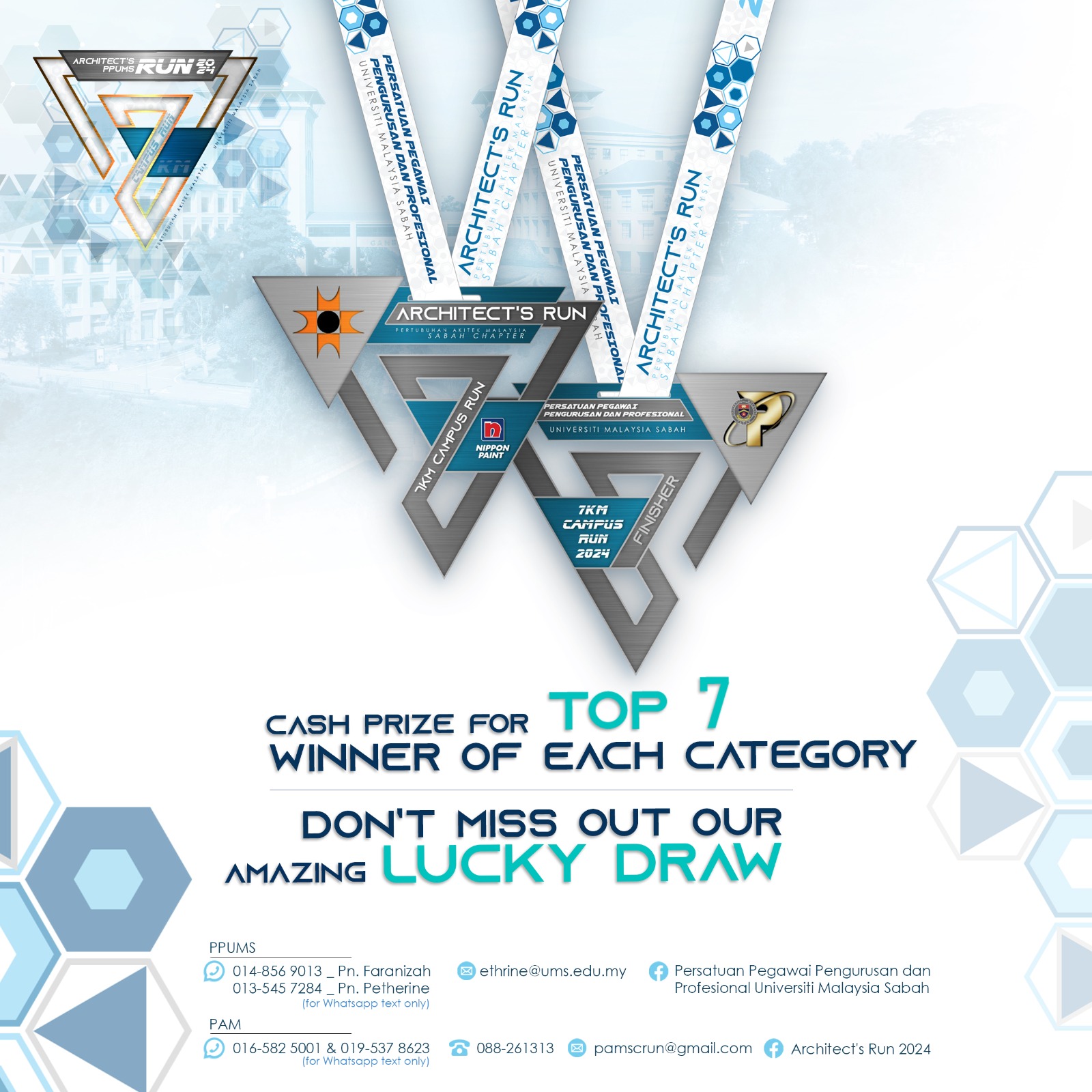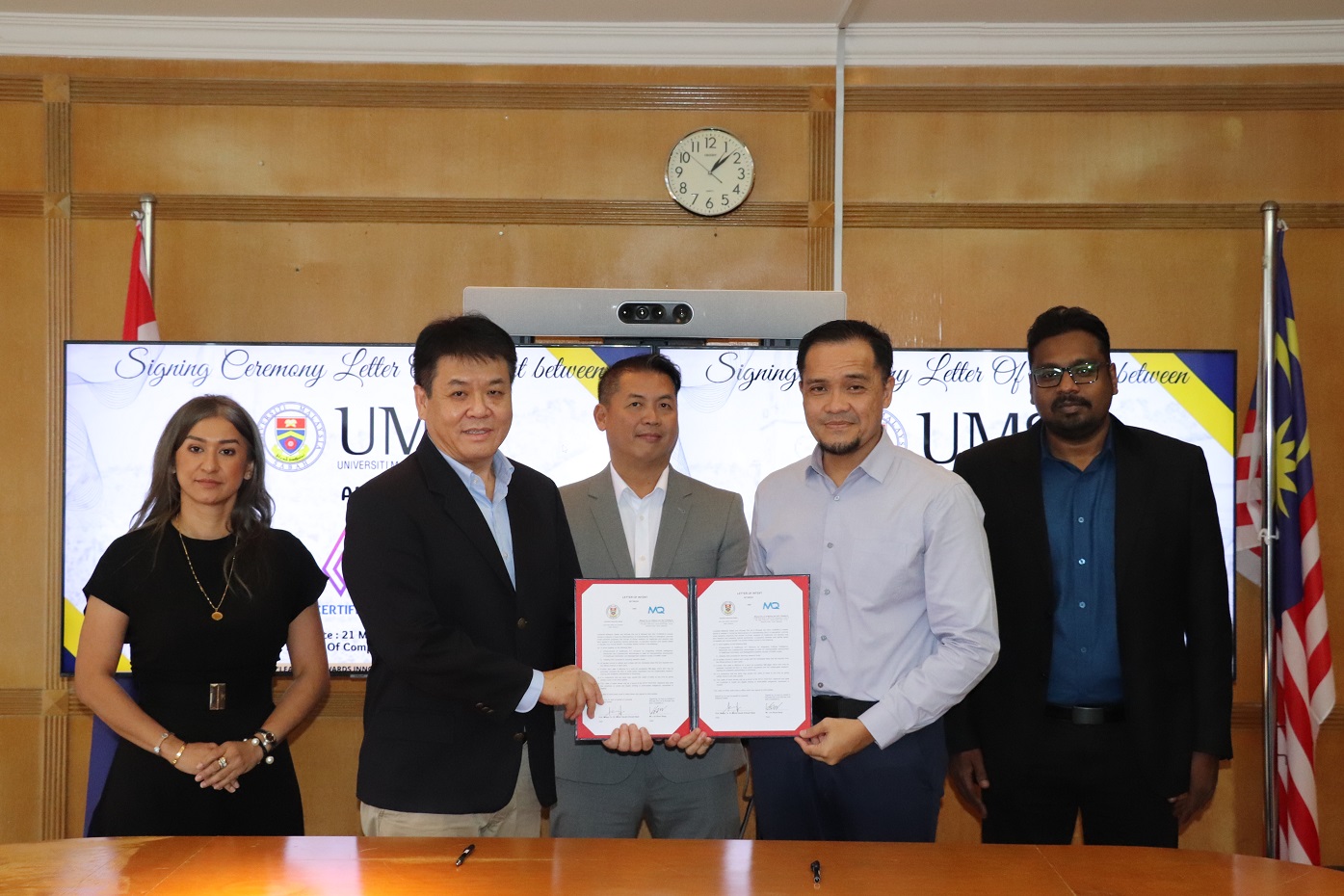 Seven distinguished global lectures from Universiti Malaysia Sabah (UMS) contributed to lecture series programmed organized by the College of Hospitality and Tourism Management (HTM) at Jose Rizal University (JRU), recently.
Seven distinguished global lectures from Universiti Malaysia Sabah (UMS) contributed to lecture series programmed organized by the College of Hospitality and Tourism Management (HTM) at Jose Rizal University (JRU), recently.
The event, aimed at fostering a dynamic platform for exchanging and disseminating innovative ideas on reshaping sustainability in the post-pandemic era for the Asia region, saw an enthusiastic response from the academic community.
Led by Faculty of Business, Economics and Accountancy (FBEA) UMS, Associate Professor Dr. Awangku Hassanal Pengiran Bagul, the experts delivered compelling lectures and engaged stimulating discussions, highlighting opportunities and strategies for advancing sustainability in post-endemic landscape.
Awangku Hassanal said, the diverse expertise of the professors facilitated rich, multidisciplinary perspectives and deepened understanding of sustainability challenges and solutions in the Asia region.
“The visiting professor lecture series not only enriched the academic fabric of JRU but also reinforced the university’s role as a beacon of knowledge and a catalyst for sustainable development in the region.
“The successful execution of this event sets a precedent for future collaborative efforts and underscores the importance of intercollegiate and international cooperation in addressing global challenges,” he said.
Apart from Awangku, also joining the delegations are Juliana Anak Langgat, Dr. Oscar Dousin, Dr. Mohd Aliff Abu Bakar, Dr. Chew Tze Cheng@Alesha Chew, Kamarul Mizal Marzuki and Marry Tracy Pawan.
“On the second day, a round table discussion on sustainability and best practices: a multidisciplinary approach has been held at the centennial building auditorium of JRU.
Among global experts from the JRU included are Dr. Miguel M. Carpio, Dr. Kathleen G. Apilado, Dr. Allan F. Galvez, Dr. Margie Alcaide, Dr. Jacque Holst-Diamante, Dr. Marcelo Villaluna, Ms. Evelyn O. Velasco-Dula and Ms. Irene Rossele D. Swing,” he added.
Gion K. Fabella, Vice President of José Rizal University, representing the President, remarked that the event exemplifies the spirit of academic collaboration and innovation.
“It provided a crucial forum for students, faculty, and industry leaders to engage with cutting-edge research and practical strategies essential for our region's sustainable future,” he said.
This interdisciplinary event was a collaborative effort, led by the College of Hospitality and Tourism Management (THM) with College of Business Accountancy and Administration (BAA), Electronics & Computer Engineering (ECE), Education, Arts, and Sciences (EAS), Criminal Justice Education (CJE), and Graduate School at JRU.
Such collaboration underscored the university's commitment to holistic education and integrated learning experiences.



 Three Sabahan participants excel at the 4th Chinese-Bridge Chinese Show for Malaysian Primary School Students (第四届“汉语桥”世界小学生中文秀,马来西亚) after succeeding in sweeping the top three prizes in the finals event at Universiti Malaya, Kuala Lumpur recently.
Three Sabahan participants excel at the 4th Chinese-Bridge Chinese Show for Malaysian Primary School Students (第四届“汉语桥”世界小学生中文秀,马来西亚) after succeeding in sweeping the top three prizes in the finals event at Universiti Malaya, Kuala Lumpur recently.
 Lace-up your running shoes and get ready to make strides for a good cause! Persatuan Pegawai Pengurusan dan Profesional Universiti Malaysia Sabah (PPUMS) and Pertubuhan Arkitek Malaysia (PAM) Sabah Chapter are thrilled to announce its annual Charity Run, slated to take place on 30th June 2024, at the UMS Dataran Dewan Canselor.
Lace-up your running shoes and get ready to make strides for a good cause! Persatuan Pegawai Pengurusan dan Profesional Universiti Malaysia Sabah (PPUMS) and Pertubuhan Arkitek Malaysia (PAM) Sabah Chapter are thrilled to announce its annual Charity Run, slated to take place on 30th June 2024, at the UMS Dataran Dewan Canselor. Two significant Letters of Intent (LOIs) between the Creative Advanced Machine Intelligence Research Centre, Universiti Malaysia Sabah (CAMIRCUMS), and esteemed partners were sealed recently.
Two significant Letters of Intent (LOIs) between the Creative Advanced Machine Intelligence Research Centre, Universiti Malaysia Sabah (CAMIRCUMS), and esteemed partners were sealed recently.